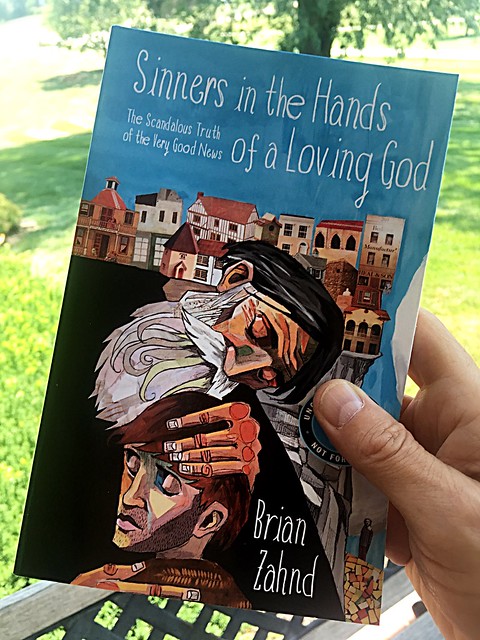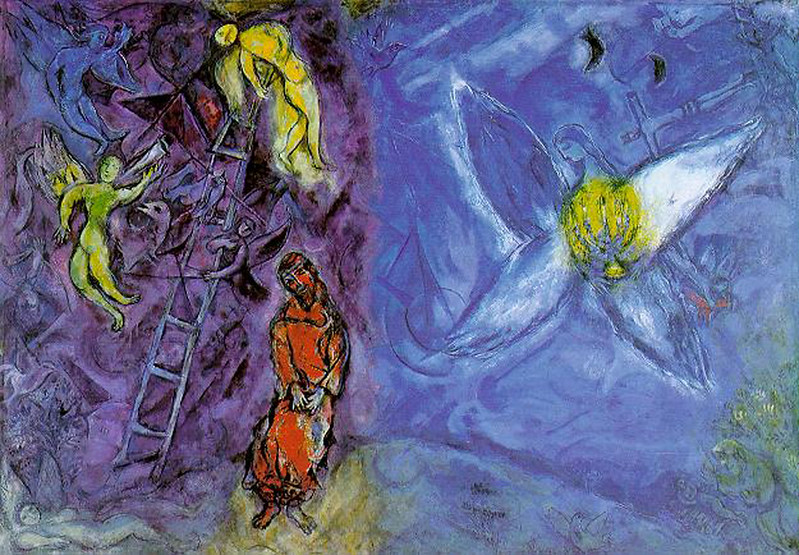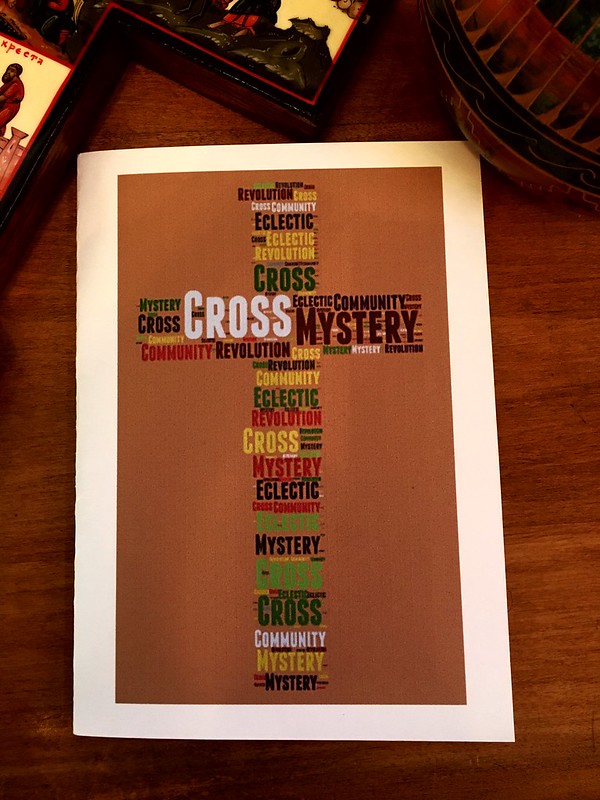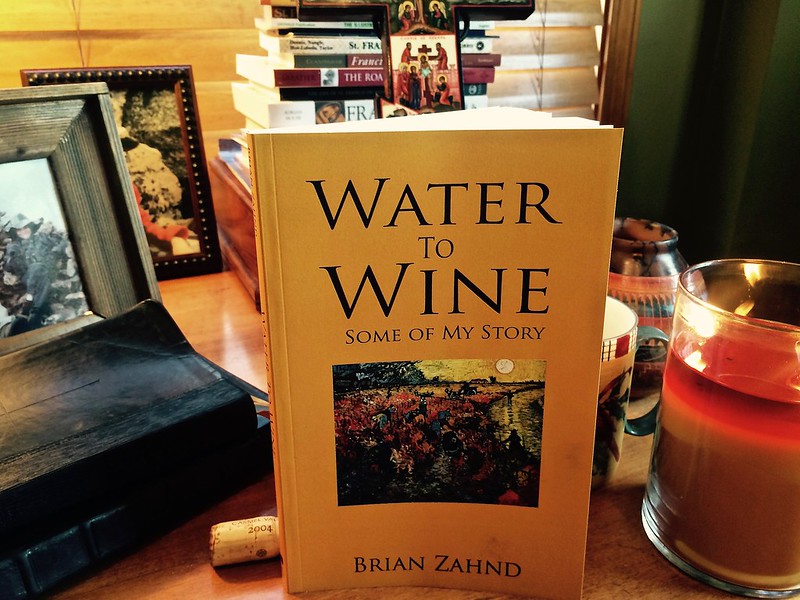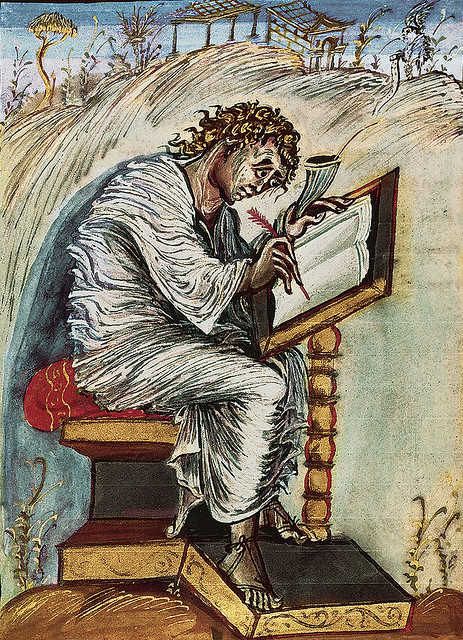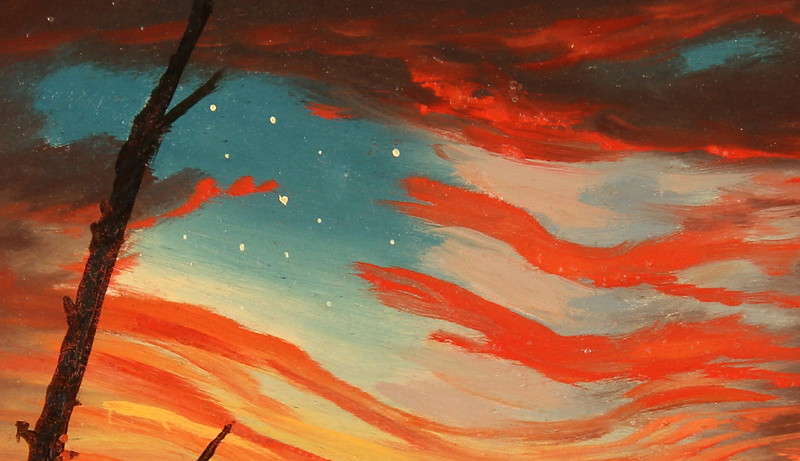
Saint Augustine and Me
Brian Zahnd
It was June 4, 2000. A beautiful Sunday afternoon in early summer. I was sitting on my front step reading Saint Augustine’s Confessions. At that time I hadn’t yet begun to explore the Church Fathers, that would come four years later. But I was reading classic literature. I had given up on the trite tomes of pop Christianity. I already knew what they said. In a desire to read something of worth I had returned to the treasures of classic literature that I had first learned to love in Mrs. Zaft’s high school literature class. I had read a fair number of the classics, but I had never read Confessions — the first, and perhaps greatest, spiritual autobiography in history. I had decided to read Augustine’s Confessions for basically the same reason that I read Milton’s Paradise Lost or Melville’s Moby Dick — because it was an established classic in the canon of Western literature. And it is a remarkable book. The whole autobiography is a 350-page prayer. The book begins with this prayer:
You are great, Lord, and highly to be praised: Great is your power and your wisdom is immeasurable. Man, a little piece of your creation, desires to praise you, a human being bearing his mortality with him, carrying with him the witness of his sin and the witness that you resist the proud. Nevertheless, to praise you is the desire of man, a little piece of your creation. You stir man to take pleasure in praising you, because you have made us for yourself, and our heart is restless until it rests in you.
“Our heart is restless until it rests in you.” Those words resonated with me. Sure, I was a Christian. But I was also a man with a restless heart. A year earlier I had turned forty while climbing Mount Kilimanjaro in Africa. Now I was beginning to think about the second half of life…and I was restless. I had plenty of success, but I was restless. I was still searching and the clock was ticking. I feared I was running out of time. As I read Confessions Augustine told me his story.
He was born November 13, 354, the oldest son of a pagan father and a Christian mother, and raised among the aristocracy of the late Roman Empire in North Africa. He told unflinchingly of his somewhat profligate youth. He told of teaching rhetoric in Milan and writing speeches for the emperor. His genius was evident. He told in detail of his quest for truth in the dualistic religion of Manichaeism and his eventual disenchantment with it. He told of hearing the sermons of Ambrose that pointed him in a new direction. He told beautifully of his dramatic conversion on the day he heard a child’s voice singing in the garden, “take and read,” and how when he turned at random in the New Testament he read Paul’s words, “put on the Lord Jesus Christ.” He told of how he and three other friends chose to enter a monastic life. He told of becoming the bishop of Hippo. All along the way there were the profound musings of a philosopher on the nature of time and memory, and more importantly, the prayers of a Christian seeker exploring the mysteries of God.
Read more
